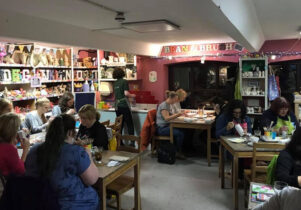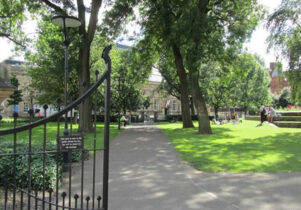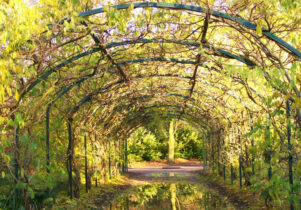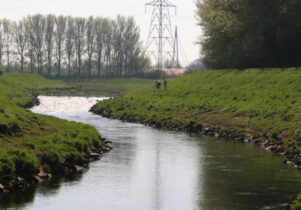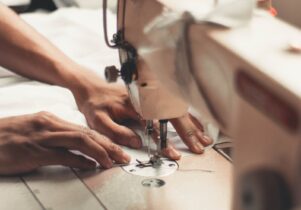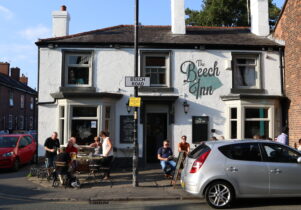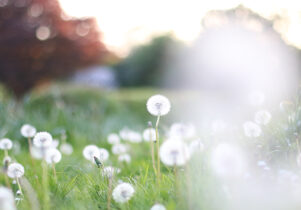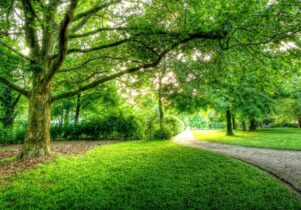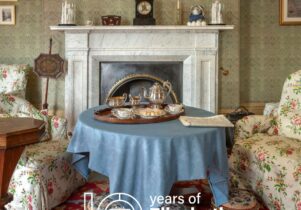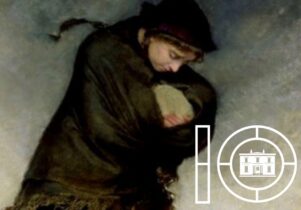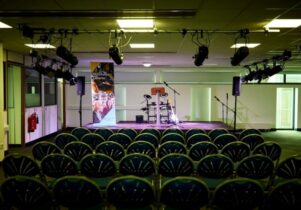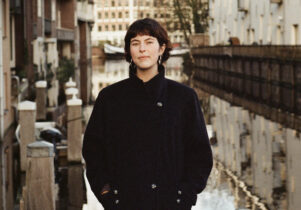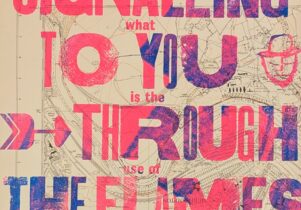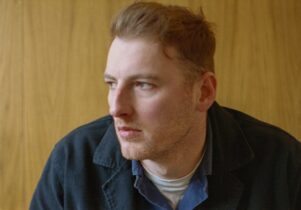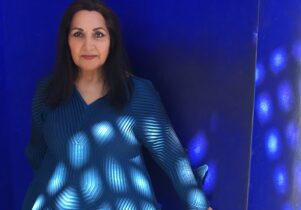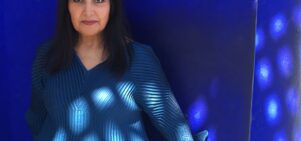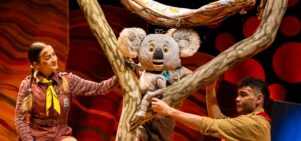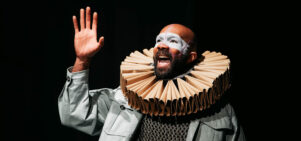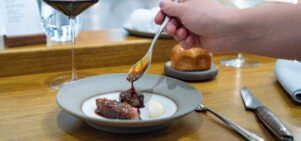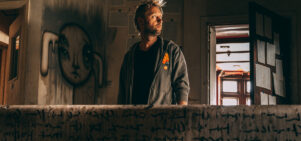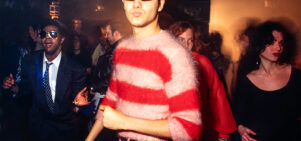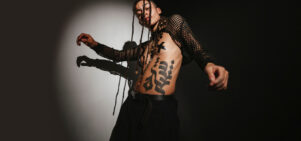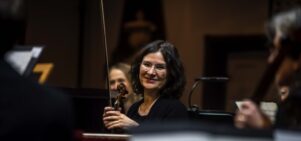FaxFiction at Waterside
Sarah-Clare Conlon, Literature Editor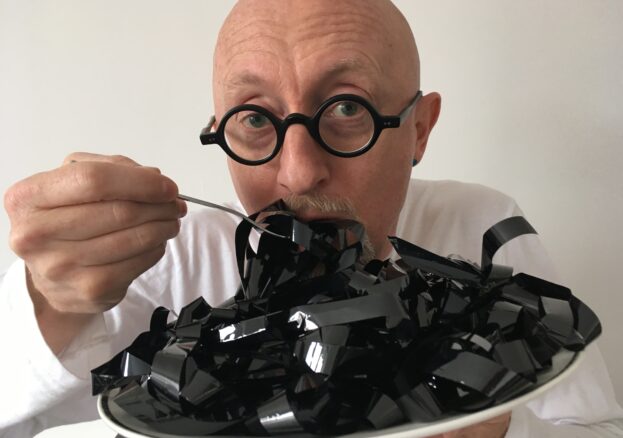
You are invited into the past… with FaxFiction, live short stories about analogue technology. In this special project as part of Refract:19, six writers have been commissioned to write brand-new short stories incorporating old technologies, which they will be performing on the final day of the festival. Running 18 to 27 July, Refract is back at Waterside for a third time with a showcase of experimental performance and events that challenge audiences to see things differently – and, in the case of FaxFiction, hear things differently too.
Supported by Arts Council England, FaxFiction is the first ‘live literature’ happening in the festival’s three-year history and has been developed by Manchester-based writer David Gaffney in conjunction with Waterside’s sister organisation, Creative Industries Trafford, where David also runs flash fiction and short story writing workshops. David Gaffney is the author of four collections of short fiction, Sawn-off Tales, Aromabingo, The Half-life of Songs and More Sawn-Off Tales, two novels, Never Never and All The Places I’ve Ever Lived, and graphic novel The Three Rooms in Valerie’s Head, and will also be taking part in a panel discussion on graphic novels at CIT’s sixth annual Northern Lights Writers’ Conference, this September.
For FaxFiction, David gathered together a further five writers and asked them to think about all the old technology we once couldn’t live without, from Betamax videos to View-Masters. Stepping up to the plate are: poet, novelist and Writer-in-Residence at the John Rylands Library Rosie Garland; Bad Language host Fat Roland, in August off to the 2019 Edinburgh Fringe with his third solo show, Seven Inch, which was commissioned by The Lowry; Nicholas Royle, series editor of Best British Short Stories and head judge of the Manchester Fiction Prize; Bristol Short Story Award-winner and lecturer in Creative Writing at the University of Bolton Valerie O’Riordan, and Victoria Baths’ Writer-in-Residence (and CT’s Literature Editor) Sarah-Clare Conlon.
FaxFiction… six brand-new short stories created uniquely for Refract:19, inspired by and using old technologies as an integral part of the show on a stage littered by artefacts you assumed had been relegated to the tip long ago.
‘How did we function with these ancient machines, these relics of the future?’, wonders the FaxFiction blurb. The answer is in the six brand-new short stories created uniquely for Refract:19, inspired by and using these old technologies as an integral part of the show on a stage littered by artefacts you assumed had been relegated to the tip long ago. It’s weird what people keep in their lofts and amazing what eBay can turn up – accompanying the storytellers will be all kinds of stuff you never thought you’d see again: Ansaphones, games consoles, Dictaphones, Ceefax, overhead projectors, VHS and Mini DV and even DVD (yes, face it)… Remember when you used to tighten up your cassette tapes with a pencil; laugh about floppy discs not being floppy; how long it took to load the Grand Prix Simulator on a Spectrum ZX?
And if you also recall the piercing noise that went with that loading, you’re in for a treat, as the writers will be joined by sound artist and experimental composer Gary Fisher, who will be creating an atmospheric soundtrack to the evening using the musicality of bleeps and whirrs, and presenting a live performance of a brand-new piece commissioned especially for the event. Gary’s work sees him record, compose, perform and create installations with various sound materials and approaches including found objects, invented instruments, alternative approaches to traditional instruments and interacting with spaces and places. For FaxFiction, Gary (who’s also been spotted at CT’s our old avant favourite The Other Room) promises to share his fascination with all things analogue by performing a new composition of sounds from cassettes, records and reel-to-reel tapes he has collected over the years, and says: ‘Obsolete relics of a time gone by will find new life as experimental instruments in a distinctly DIY set-up.’
It’s something to look forward to – or backwards at.
